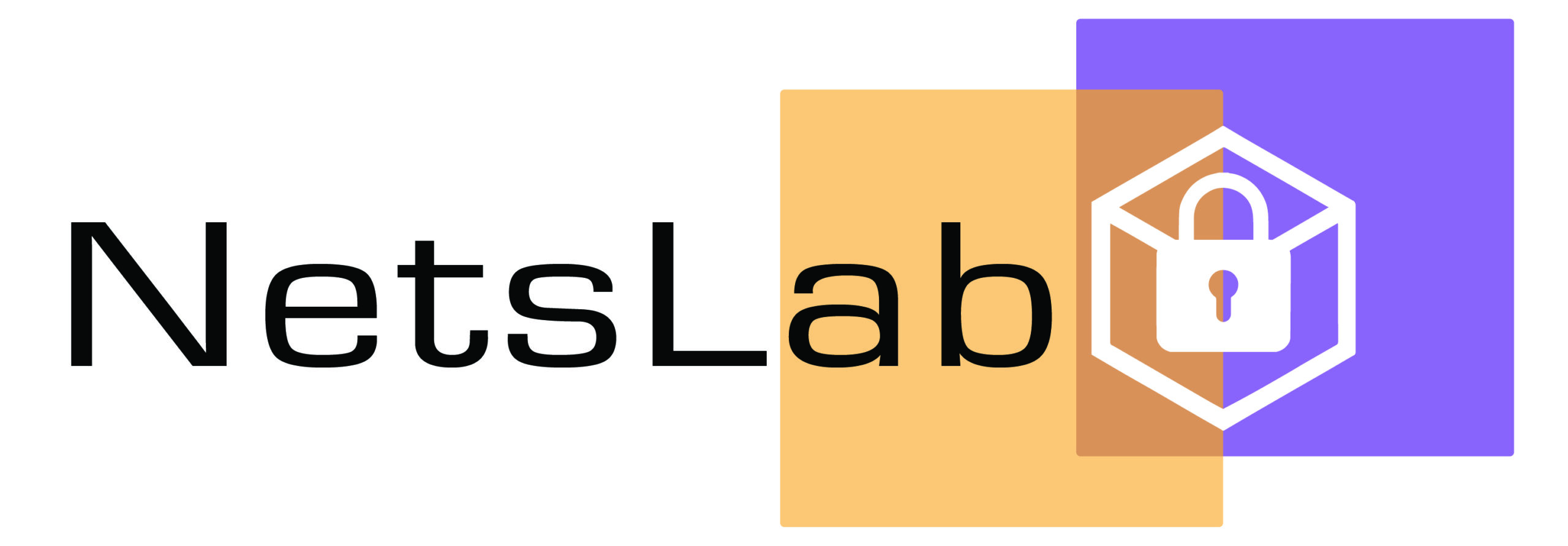Pasika Ranaweera
Assistant Professor
School of Electrical and Electronic Engineering, University College Dublin, Ireland
Pasika Ranaweera is an Assistant Professor in the School of Electrical and Electronic Engineering in University College Dublin from September 2023. He was a Post-Doctoral Researcher in the UCD School of Computer Science in 2023. He was the project manager of the CONFIDENTIAL-6G project, funded by the EU H2022-SNS grant id: 101096435, during this profession. He obtained his Bachelor’s degree in Electrical and Information Engineering from the Faculty of Engineering, University of Ruhuna, Sri Lanka, in 2010 with honors and received the Lanekassen scholarship for pursuing the Master’s Degree in Information and Communication Technology (ICT) in 2013 from the University of Agder, Norway. Pasika completed his Ph.D. from University College Dublin, Ireland, on improving the security of service migrations of MEC in 2023. Prior to his Ph.D., he served as a lecturer attached to the Department of Electrical and Information Engineering, Faculty of Engineering, University of Ruhuna, Sri Lanka, from 2014 to 2018. Pasika is experienced in conducting teaching/ instructing/ demonstration work at international universities (UCD-Ireland, BDIC-China). He is currently conducting collaborative research with researchers at IIT-India, the University of Oulu-Finland, and the University of Ruhuna-Sri Lanka. Pasika is focused on enhancing the security measures in 5G and beyond 5G mobile networks, while his main research focus is directed at Federated Learning-based security issues and how to overcome them utilizing Blockchain. His additional research directives extend to lightweight security protocols, formal verification, security, service quality optimization, 5G and MEC integration technologies (SDN, NFV, Blockchain), privacy preservation techniques, and IoT security. In addition to the research work, he serves as a reviewer for IEEE IoT journal, IEEE Access, IEEE Communication Magazine, IEEE IoT Magazine, SN Computer Science, and various IEEE-hosted conferences and workshops under the IEEE Communication Society (also a member of IEEE ComSoc).
Publications
A Novel Authentication Protocol for 5G gNodeBs in Service Migration Scenarios of MEC
Edge computing paradigms were an expedient innovation for elevating the contemporary standards of mobile and Internet networks. As specified in Multi-Access Edge Computing (MEC) standardization,
Service Migration Authentication Protocol for MEC
Multi-Access Edge Computing (MEC) is a novel edge computing paradigm that enhances the access level capacity of mobile networks by shifting the serviceable Data center
Realizing Contact-less Applications with Multi-Access Edge Computing
The entire world progression has ceased with the unexpected outbreak of the COVID-19 pandemic, and urges the requirement for contact-less and autonomous services and applications.
Identifying Factors Enabling the Enhancement of
Service Migration of Multi-Access Edge Computing
Edge computing is a novel concept proposed to overcome the limitations of the prevailing cloud-based telecommunication networks. Various concepts have emerged with edge computing that
Survey on Multi-Access Edge Computing Security and Privacy
The European Telecommunications Standards Institute (ETSI) has introduced the paradigm of Multi-Access Edge Computing (MEC) to enable efficient and fast data processing in mobile networks.
Novel MEC-based Approaches for Smart Hospitals to Combat COVID-19 Pandemic
COVID-19 or Coronavirus has thrilled the entire world population with uncertainty over their survival and well-being. The impact this pathogen has caused over the globe
Security Considerations for Internet of Things: A Survey
Interconnecting “things” and devices that takes the form of wearables, sensors, actuators, mobiles, computers, meters, or even vehicles is a critical requirement for the current
Dynamic Orchestration of Security Services at Fog Nodes for 5G IoT
Fog Computing is one of the edge computing paradigms that envisages being the proximate processing and storage infrastructure for a multitude of IoT appliances. With
Security as a Service Platform Leveraging
Multi-Access Edge Computing Infrastructure
Provisions
The mobile service platform envisaged by emerging IoT and 5G is guaranteeing gigabit-level bandwidth, ultra-low latency and ultra-high storage capacity for their subscribers. In The
Realizing Multi-Access Edge Computing
Feasibility: Security Perspective
Internet of Things (IoT) and 5G are emerging technologies that prompt a mobile service platform capable of provisioning billions of communication devices which enable ubiquitous
Introduction to IoT Security
In a world with “things” and devices interconnected at every level, from wearables to home and building automation, to smart cities and infrastructure, to smart

